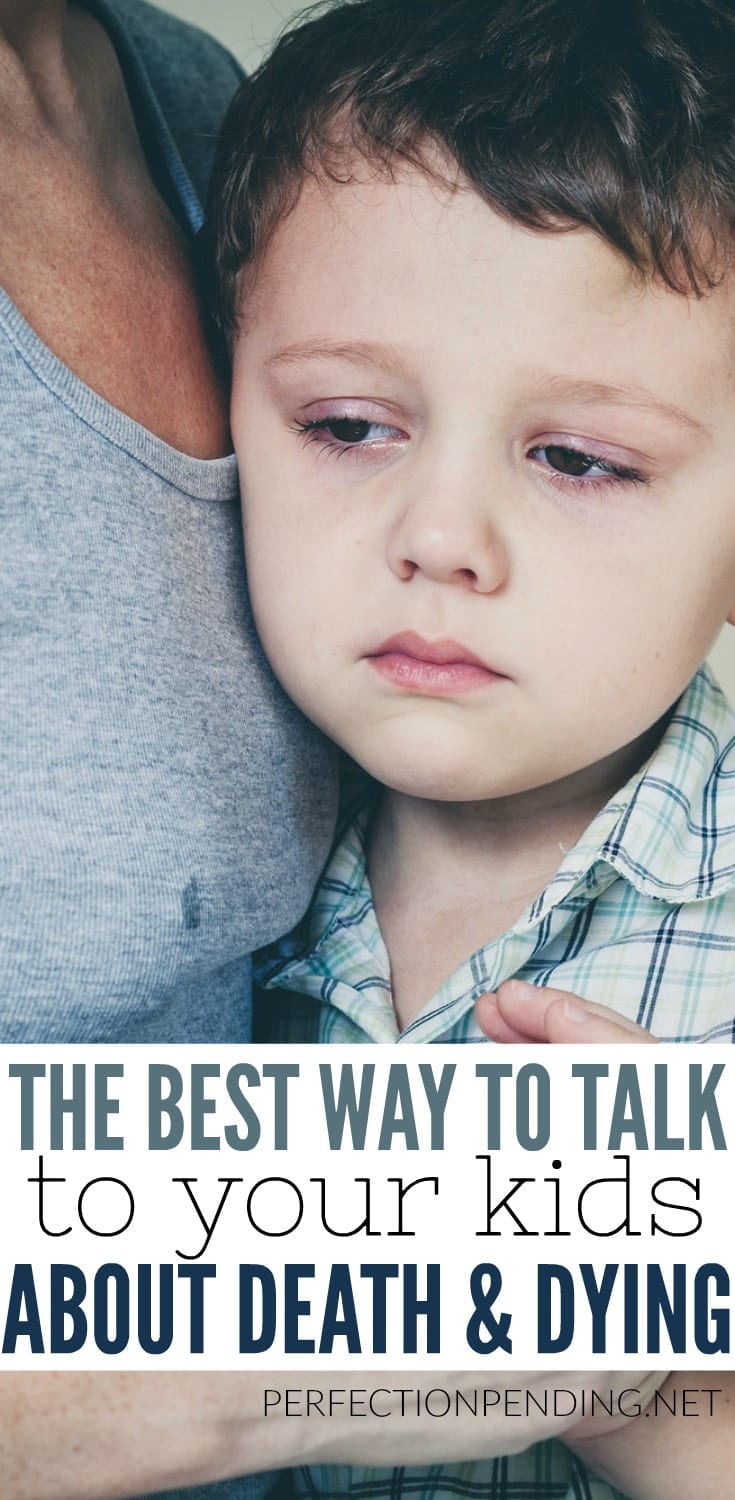“Mama, what happens if I’m at home, and you and Dada die?” My 6 year-son was sitting in the back seat of my car peppering me with questions. Recently, he had been talking a lot about death and what-ifs, so I was no stranger to this conversation.
My first thought was to be practical. I told him he could go to the neighbors. I named off the neighbors on either side of us. He knew their names. I told him he could knock on their doors and ring their doorbells at any hour.
“But what if they’re dead?”
I told him to walk down to the local cafe. Someone would be there. He could get help. They’d help a young boy who knew where he lived, and what his parents names were. I piped through very pragmatic information. I wanted to empower my kid with knowledge, for him to know he had options, that he wouldn’t be alone. People would help him.
“But what if they’re dead?”
Quickly it dawned on me that he was going to go through every single person I could possibly imagine.
I parked the car, and we got out. We crossed the street, and slowly I began to speak again.
“Do you mean, what if everyone is dead, and you’re the only one left?”
My son’s eyes filled with tears. He nodded vigorously. We sat down together on the front porch, and I pulled him into my lap.
“Well, if that happened to me, and I were the only one left . . . then, I would feel very sad and scared. It would be really hard.” My own eyes filled with tears. We sat together, crying, imagining such an empty scary world. This is what I imagined it would be like living in the Trenches of the ocean, the bottom of the bottom, where food is scarce and connection even more so.
The seconds ticked by. The sun continued to shine, and our warm bodies melted together. There was nothing to do; no pragmatism would reach deeper than this. Slowly, I dried our tears, and we stood up and went inside. He had stopped asking questions, and I had stopped giving answers. In the midst of such a horrific scenario, we had connected in a shared experience of imagined loneliness and heartache. That made all the difference.
From that point on, he has never asked about death in the same way. It seems that something resolved, and so it had.
So here are my takeaways and advice when you’re talking to your kids about death and dying.

-
Focus on Unresolved fears. If your child is looping on difficult conversations then it’s likely because something is unresolved. Often it’s some kind of deep-seated fear. This is what I got to when I realized my son was not only asking about me dying, but about everyone dying. He was imagining the worst-case scenario of being completely and utterly alone in the world. There is no practical answer to this.
-
Empathize. Heavy topics like death, violence, and bullying (amongst others) are intense. Even if you aren’t triggered by them, your child might be. Make sure your child doesn’t feel alone with these feelings. You don’t have to feel or agree with your child’s emotional response, but listening and truly trying to get where he’s coming creates a world of connection.
-
Be patient and go slowly. Follow your child’s pace. In this busy world, it’s easy to want to resolve things as quickly as possible. In going quickly, we often gloss over the core of what’s going on, or simply don’t spend enough time on it. Take a breath and settle in. After all, if your child has been looping on it for awhile, it might take some investment to help her come out of it.
-
Give practical tips. But only if they’re open to it. If the practical tips aren’t landing, then it might be too soon. Go back to #2. If your child shows interest, continue. Better yet, brainstorm together. What could he do if he were lost? If he invests in the solution, he’s more likely to remember it.
-
Stay out of power struggles. This isn’t a time to be right (or wrong for that matter). This is a time for connection. Is it realistic to think everyone on earth will be decimated at the drop of a hat? Likely not. That’s not the point here. It’s not time to argue. It’s time to get on your child’s team and eliminate the power struggle (no right; no wrong). Then, you’ll be able to head into the heart of the matter.
This is what I have learned, at least until the next set of questions about the next hypothetical situation rolls in. Perhaps I will answer it in a constructive way, but I’m sure I will also consider what it means to connect my heart to his, listen to what those perfect beats have to say, and simply be with him while he navigates this world of unanswerable questions.
***
 Paget Norton is the mother of a 6 year-old spark of a son. When she’s not teaching, rock climbing, and cultivating relationships, she enjoys reflecting on this multi-layered complexity we call “parenting” in her blog. Follow her on her Blog: www.pagetnorton.com Facebook: www.facebook.com/pagetn and Twitter: www.twitter.com/pagetn
Paget Norton is the mother of a 6 year-old spark of a son. When she’s not teaching, rock climbing, and cultivating relationships, she enjoys reflecting on this multi-layered complexity we call “parenting” in her blog. Follow her on her Blog: www.pagetnorton.com Facebook: www.facebook.com/pagetn and Twitter: www.twitter.com/pagetn











[…] too soon, I have been asking myself these questions: What kind of legacy do I want to leave behind? If I were to die tomorrow (God forbid), how would I be remembered by those who know […]